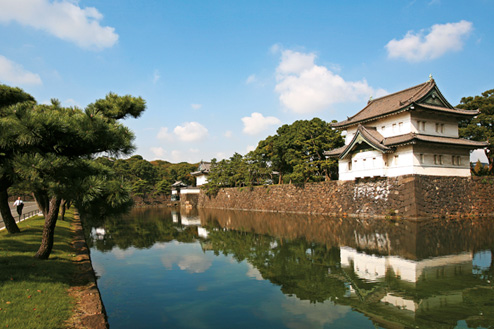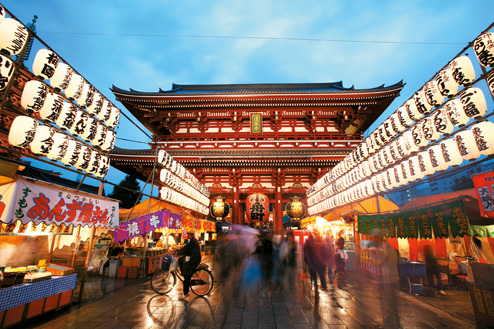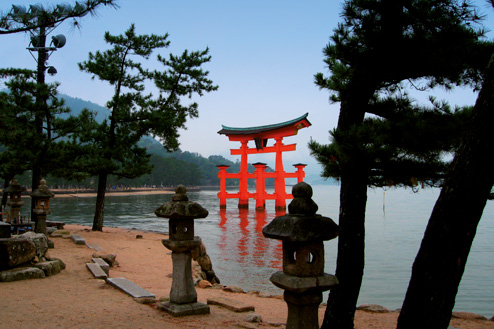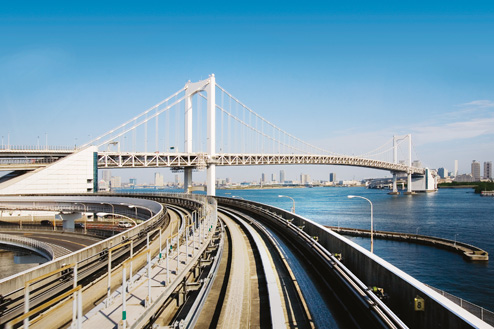Culture
It might seem like stating the obvious, but Japan is very Japanese. Even Tokyo, its most cosmopolitan city, is far from multicultural. Nationally, immigrants make up little more than 1% of the population. Add to this the fact that Japan has enjoyed centuries of independence, interrupted only by the post-war US occupation, and it’s not surprising that it has a very strong sense of its own distinctiveness. This is both a strength and a weakness, with the country’s foreign policy swaying between arrogance and insecurity regarding Japan’s place in the world, and in a way, this distinctiveness is misplaced.
Ethnically, the Japanese are mainly descendents of Chinese and Siberian migrants, and key building blocks of national culture, such as Buddhism and Confucianism, were originally Chinese imports, not to mention the fact that culturally, the country is a sponge for western influences. Nonetheless, any visitor is likely to find it genuinely distinct from continental Asia, and not just because it is richer and more developed. There’s a tendency to put the needs of the group before those of the individual, strong bonds with family and friends, and an unrelenting expectation of modesty and politeness in all things. This is not to say that the Japanese are inscrutable. However, the reserved nature of most natives will seem more familiar to some foreigners (notably, the English) than to others. And not all Japanese fit the same mould – with the younger generations more likely to exhibit an individualistic streak. Culturally, the country’s schizophrenic veneration of the old and fetishisation of the new makes for a glaring contradiction. But their most defining characteristic is probably their ability to embrace foreign influences, be it religion, technology or pop music, and adapt them. The country constantly moves forward, but it remains ever so Japanese.
Ethnically, the Japanese are mainly descendents of Chinese and Siberian migrants, and key building blocks of national culture, such as Buddhism and Confucianism, were originally Chinese imports, not to mention the fact that culturally, the country is a sponge for western influences. Nonetheless, any visitor is likely to find it genuinely distinct from continental Asia, and not just because it is richer and more developed. There’s a tendency to put the needs of the group before those of the individual, strong bonds with family and friends, and an unrelenting expectation of modesty and politeness in all things. This is not to say that the Japanese are inscrutable. However, the reserved nature of most natives will seem more familiar to some foreigners (notably, the English) than to others. And not all Japanese fit the same mould – with the younger generations more likely to exhibit an individualistic streak. Culturally, the country’s schizophrenic veneration of the old and fetishisation of the new makes for a glaring contradiction. But their most defining characteristic is probably their ability to embrace foreign influences, be it religion, technology or pop music, and adapt them. The country constantly moves forward, but it remains ever so Japanese.













